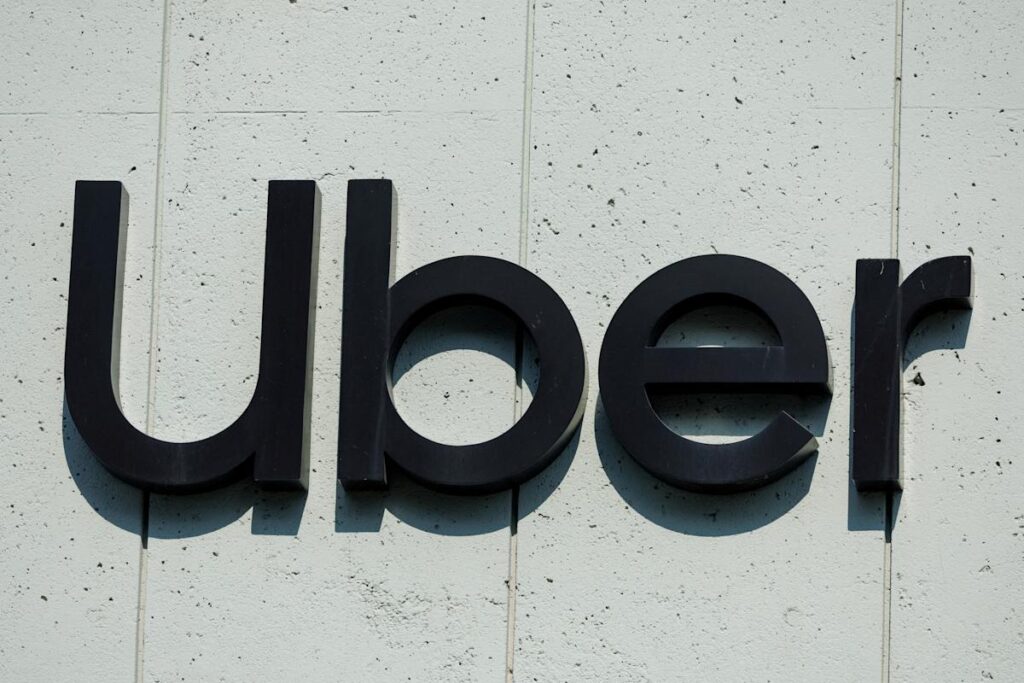
Uber One Subscription Cancellation Under FTC Scrutiny for Deceptive Practices
Uber One Subscription Cancellation Under FTC Scrutiny for Deceptive Practices
Reading Time: 5 minutes
The Federal Trade Commission (FTC) has launched a significant lawsuit against Uber, targeting the company’s Uber One subscription cancellation practices. The legal action, filed Monday, alleges that Uber deliberately creates obstacles for customers attempting to cancel their Uber One memberships, potentially violating multiple consumer protection laws.
Table of Contents
FTC Allegations Against Uber One
The FTC has formally taken action against the ride-hailing giant over what the commission describes as “deceptive billing and cancellation practices.” The focus of this investigation is specifically on the Uber One subscription service, which offers members perks like cash back on rides, free deliveries on orders, and waived cancellation fees on rides.
According to the detailed FTC lawsuit, Uber has created a stark contrast between how easy it is to sign up for an Uber One subscription versus how difficult it is to cancel that same membership. This disparity forms the core of the FTC’s complaint about unfair business practices.
Key Issue: Asymmetric Friction
The FTC highlights that while Uber makes subscription enrollment simple with just a few clicks, the Uber One subscription cancellation process is deliberately complicated—creating what consumer advocates call “asymmetric friction” in the user experience.
Subscription Cancellation Nightmare: 23 Screens and 32 Actions
The most alarming claim in the FTC’s lawsuit details the excessive steps required for Uber One subscription cancellation. According to the commission’s investigation, “Users can be forced to navigate as many as 23 screens and take as many as 32 actions to cancel” their subscriptions. This convoluted cancellation process stands in stark contrast to the streamlined signup procedure.
Additional allegations include charging subscribers before their free trial periods had concluded and misrepresenting the actual savings offered by the Uber One program. The FTC claims that Uber’s savings calculations were misleading because they failed to factor in the subscription fee itself when advertising potential customer savings.
| Alleged Uber One Issue | FTC Claim |
|---|---|
| Cancellation Process | Up to 23 screens and 32 distinct actions required |
| Free Trial Issues | Charges applied before free trial period concluded |
| Savings Misrepresentation | Subscription fee not factored into advertised savings |
Legal Implications: Violated Consumer Protection Acts
The FTC’s legal action contends that Uber’s subscription cancellation tactics violate two significant consumer protection frameworks: the FTC Act and the Restore Online Shoppers’ Confidence Act. The latter specifically requires online businesses to:
- Clearly disclose all service terms before customer commitment
- Obtain explicit consumer consent before charging for any service
- Provide a simple, straightforward method to cancel recurring subscriptions
The allegations suggest that Uber’s Uber One subscription cancellation process fails to meet these basic requirements, potentially subjecting the company to significant penalties if the FTC prevails in court.
Uber’s Defense Against Cancellation Accusations
Uber has signaled its intention to vigorously contest the FTC lawsuit. The company disputes several key claims made by the commission, particularly regarding consent and the current state of its cancellation processes.
In its initial response, Uber stated that it “does not sign up or charge consumers without their consent” and asserted that Uber One subscription cancellations can be completed within the app at any time. The company acknowledged that in the past, cancellations had to be processed through their support team with a 48-hour advance notice, but claimed this is no longer their policy.
This admission about previous practices could prove problematic for Uber’s defense, as it acknowledges that at some point, the company did maintain subscription cancellation policies that created significant barriers for consumers.
Broader Regulatory Context Under Trump Administration
The FTC action against Uber comes during an interesting regulatory period. Despite the efforts of many tech executives to cultivate a favorable relationship with the Trump administration, regulatory scrutiny of tech companies has continued.
New FTC chair Andrew Ferguson has indicated that addressing censorship would be a priority under President Trump’s direction, yet the commission has continued pursuing cases like the Uber One subscription cancellation lawsuit and maintained its antitrust action against Meta.
Some analysts note that the commission’s independence faces new challenges without any Democratic members, potentially allowing it to be more directly influenced by executive priorities. However, consumer protection cases like the one targeting Uber One subscription cancellation practices have historically received bipartisan support.
What This Means for Uber One Subscribers
For current and potential Uber One subscribers, this FTC action highlights important consumer rights issues related to subscription services. While the case proceeds through the legal system, consumers should:
- Document any difficulties encountered when attempting to cancel subscriptions
- Check bank statements to ensure charges weren’t applied during free trial periods
- Be wary of savings claims that don’t factor in the subscription cost itself
- Consider whether the benefits of subscription services outweigh potential cancellation hassles
Consumer Protection Tip
When signing up for subscription services like Uber One, consider immediately setting a calendar reminder for when the free trial ends. Some experts even recommend attempting to cancel immediately after signing up for a free trial to test how difficult the process might be if you later decide the service isn’t worthwhile.
The outcome of this lawsuit could have significant implications not just for Uber but for subscription-based business models across the digital economy. Consumer advocates hope a decisive FTC victory would establish stronger precedents for subscription cancellation practices, forcing companies to create processes that are as frictionless to exit as they are to join.
As this legal battle unfolds, the case serves as a reminder of the ongoing tension between innovative business models and consumer protection priorities. The Uber One subscription cancellation lawsuit may ultimately help define where that balance should be struck in the digital marketplace.





